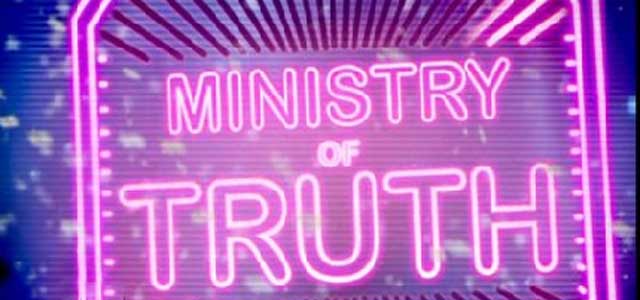The following censorship instructions, issued to the media by government authorities, have been leaked and distributed online. The name of the issuing body has been omitted to protect the source.
Regarding the disastrous fire in Xinjian Village in West Hongmen in Beijing’s Daxing district, follow official wire copy without exception. Photos or video that may incite panic are forbidden. (November 19, 2017) [Chinese]
19 people were killed and eight injured in a fire at an apartment block in southern Beijing on Saturday. 14 teams of firefighters spent three hours fighting the blaze. The Associated Press noted that units like those engulfed are often rented by migrant workers, and highlighted information controls surrounding the case including apparent implementation of the above directive:
Reached by phone, the local fire department and district government refused to comment.
Authorities were closely controlling information related to the fire. Internet censors blocked searches about the fire on popular microblog sites. Independent reports by some Chinese news outlets were taken down and replaced by Xinhua’s report, which included few details. [Source]
Xinhua reported on Monday that 18 people had been detained in connection with the incident, including seven staff at the apartment block, seven electrical workers, and four workers at a refrigeration facility in the building’s basement which may have been the source of the fire. It added that city authorities have ordered a "40-day city-wide safety check."
Public safety incidents or concerns often stir public anger at underlying corruption or perceived inadequacies in official responses, and may feed a sense of vulnerability that undermines the prosperity and stability on which the Party stakes much of its legitimacy. Accordingly, they are frequent censorship targets. Last week, media were ordered to downplay coverage of safety concerns in high speed rail construction. Following an explosion outside a Jiangsu kindergarten in June, a directive called on outlets to "pay attention to sourcing standards when passing on information […,] review comments, and eliminate any negative related political speech." For more on the political sensitivity of accidents and disasters, and how Chinese authorities handle them, see CDT’s interview with historian Jeremy Brown.









